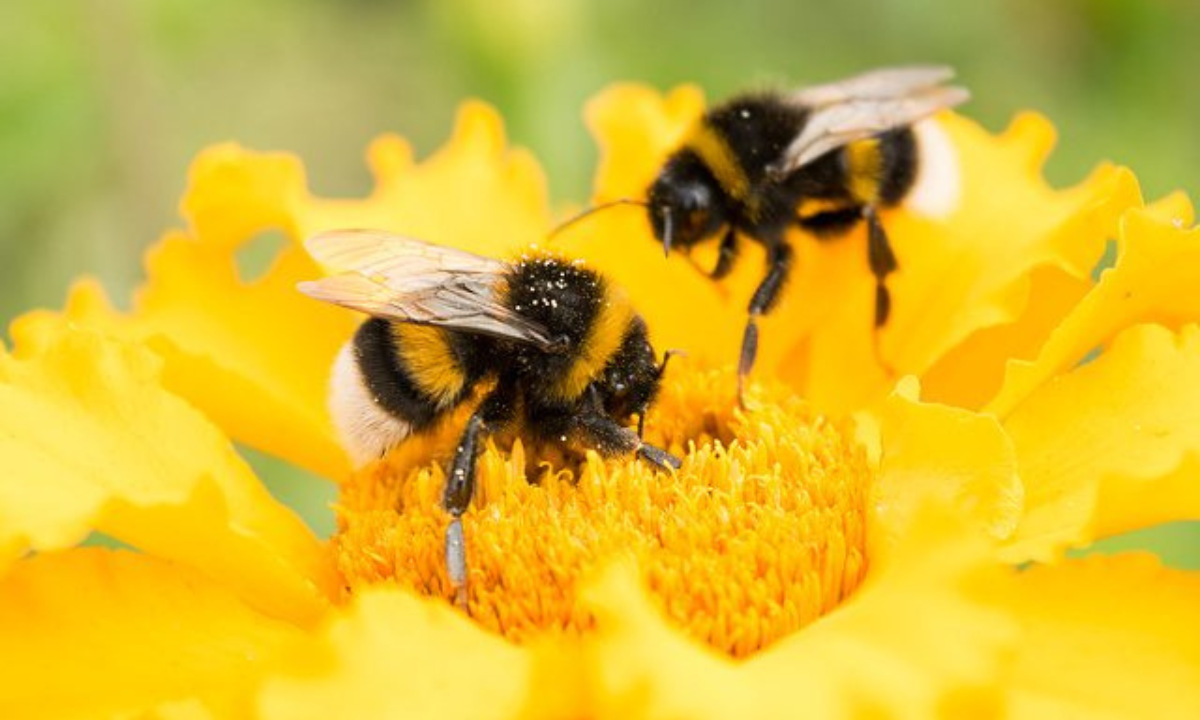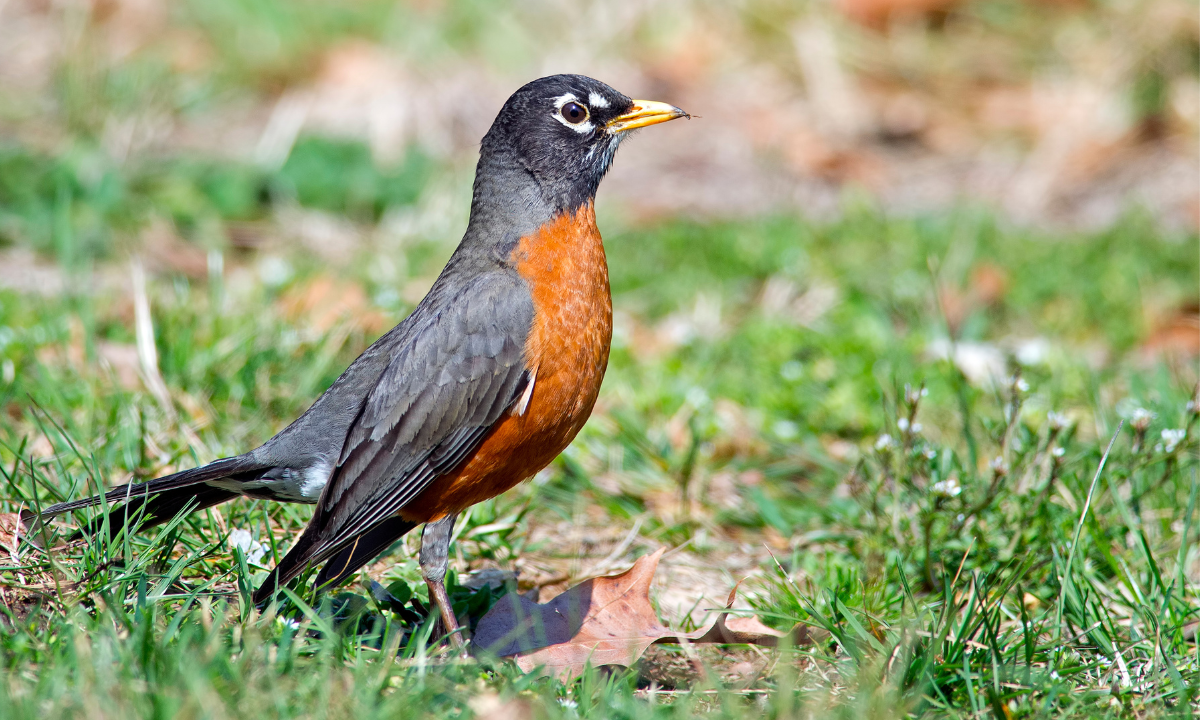Written by T. Logan Dayne
Under the California Endangered Species Act, bees are now classified under fish. Yes, you read that right. In a battle of semantics, the California Court of Appeals has now reversed a ruling for seven agricultural groups that argued the California Endangered Species Act (CESA) does not protect insects. The court found that CESA does protect fish which includes “mollusks, crustacean, invertebrate (or) amphibian” and that these categories encompass both “terrestrial and aquatic species”, and due to the precedent approval of a land-based mollusk, the court opinion found that four-bumblebee species could fall under the category of “terrestrial invertebrate”.
The decision is being hailed as “a win for the bumblebees, all imperiled invertebrates in California, and the California Endangered Species Act.” Matthew Sanders of Stanford Law School’s Environmental Law Clinic states that insects are “foundational to California’s agricultural production and healthy ecosystems.” Bumblebee populations have been declining in recent decades for a number of reasons including land use, pesticide overuse, and diseases that can be spread within bee colonies.
The decision is said to act as a setback for some farm practices. Casey Creamer, executive director of the non-profit advocacy group California Citrus Mutual stated, “I would say citrus growers would no longer allow any beekeepers to store bees on their property…You can’t take the risk of killing one if it’s an endangered species. I think it’s a very dangerous precedent if we start listing insects.” On a federal level, there are already some bee species that are protected. There are currently 1,600 known and recognized bee species in California.
Photo Cred: Getty Images




